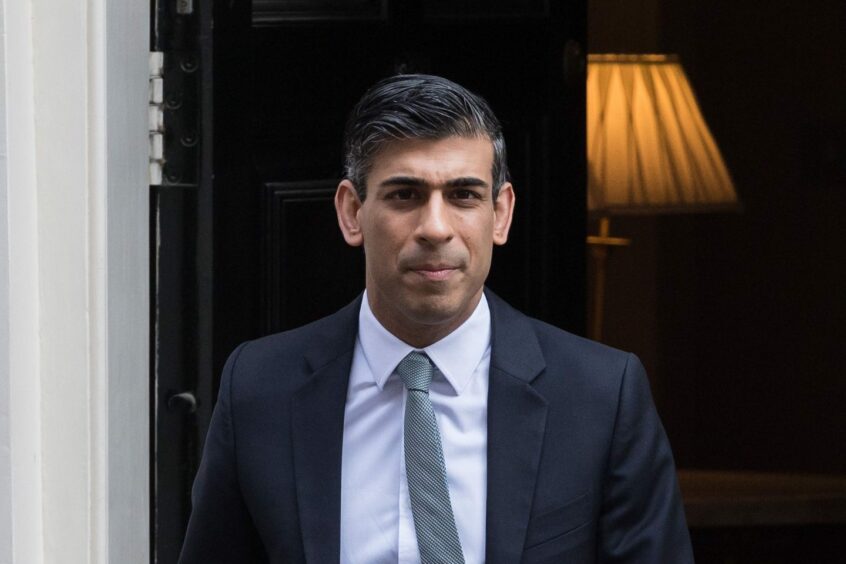
The Treasury has opened the door for feedback on the North Sea windfall tax as draft legislation has today been published.
A consultation seeking technical responses to the levy has been opened until June 28 ahead of the full Bill being published in earnest.
Chancellor Rishi Sunak unveiled the Energy Profits Levy last month, with immediate effect, in response to the escalating cost of living crisis.
The measure increases the tax rate on oil firms’ profits by 25% – to a total of 65% – which Mr Sunak said would raise £5bn in its first 12 months.
He also increased investment incentives to 91 pence for every pound spend, meaning companies should be taxed less the more they invest.
However the industry has criticised lack of clarity on the incentives, particularly as they do not appear to apply to renewable energy, which make up the brunt of planned spending for energy majors.
Meanwhile, this week Harbour Energy CEO Linda Cook wrote to the Chancellor urging him to revise the “seriously flawed” proposals which she said will disproportionately hit independent players.
Seeking a meeting
Analysts have been in agreement that the uncertainty caused by the windfall tax will ultimately see certain projects shelved and investment earmarked for the UK diverted elsewhere.
Industry trade body Offshore Energies UK (OEUK) said it will use the consultation to argue the case for a “stable tax regime” and is seeking a meeting with the Treasury.
The group said industry is already expected to deliver £7.8bn in production taxes this year and the extra levy will hurt energy supplies and the transition to clean fuels.
External relations director Jenny Stanning said: “We continue our dialogue with No 10, HMT and BEIS to ensure the sector is heard throughout the process of designing the legislation.
“We continue to call for a meeting with the Treasury to set out the positive contribution of this sector.
“The problem is that new taxes dent investor and industry confidence. That is why the industry always considers a stable and predictable fiscal regime to be key to its investment criteria. Ensuring reliable supplies of home produced energy is essential to ensure we don’t further add to the cost of living crisis.”
Climate security = energy security
It comes as Alok Sharma, the president of the COP26 climate summit in Glasgow last year, addressed the Global Offshore Wind Conference in Manchester today.
He told delegates that climate and energy security are one and the same as the world responds to Putin’s invasion of Ukraine and the soaring cost of gas.
“Putin’s brutal and illegal invasion has demonstrated to countries the dangers or relying on fossil fuels controlled by a hostile actor,” he said.
“And countries now understand the benefits of low cost, home-grown renewables, the price of which cannot be manipulated from afar. In short, climate and environmental security are now synonymous with energy and national security.”
Recommended for you

